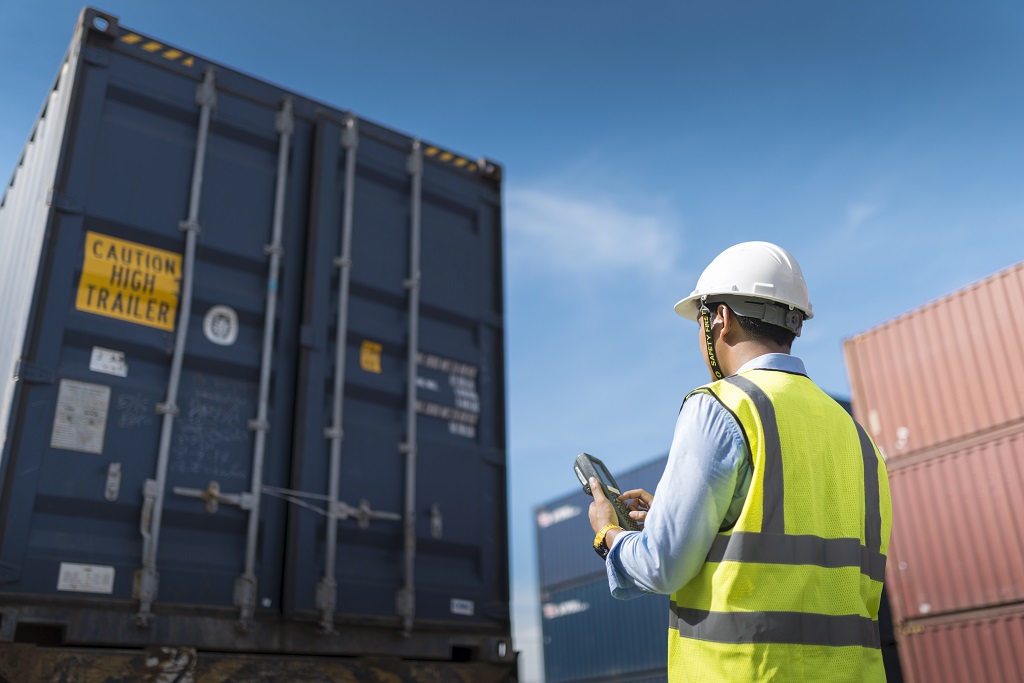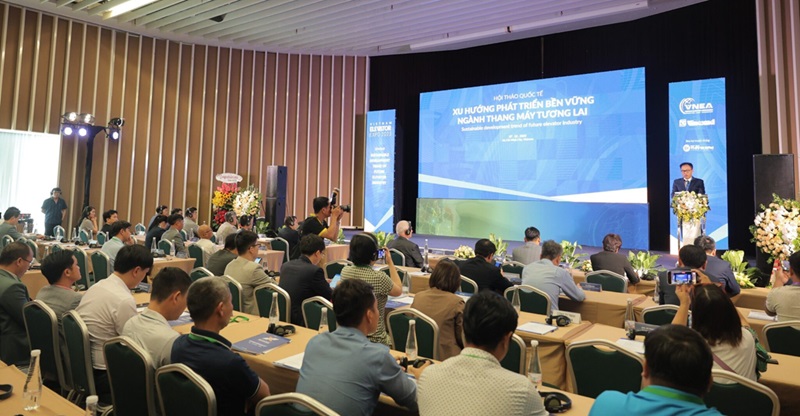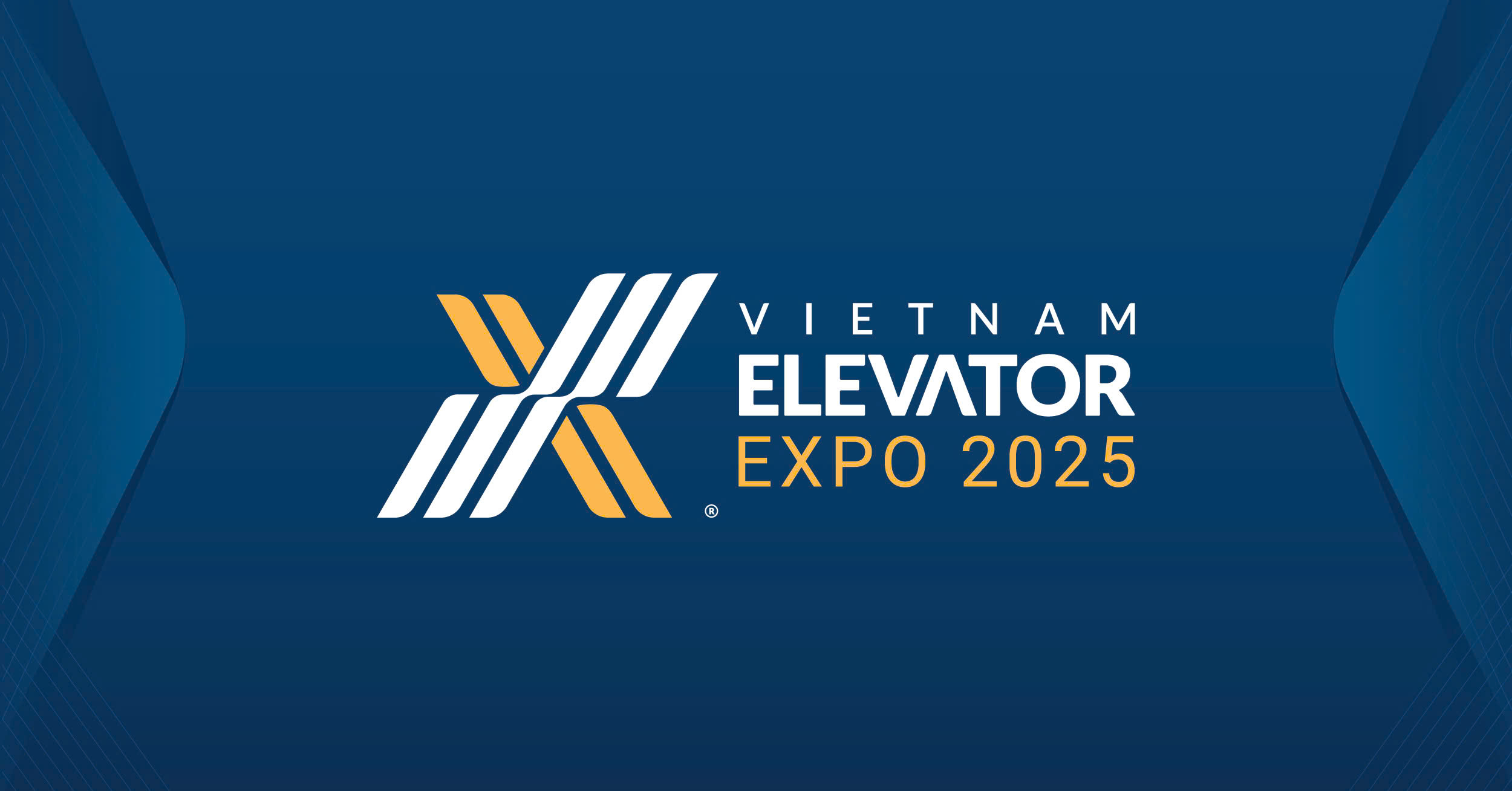EM – Policies are creating open corridors for the economy to develop. But how will businesses review themselves to ensure enough capacity and safety before “putting the car on the highway”?
Pre-check or post-check and its downside
In the development process of Vietnam’s economy, the introduction of the Enterprise Law 2005 is a particularly important milestone. That is because this legal corridor has allowed to create a breakthrough in administrative procedure reform, shortening many processes that used to be difficult when businesses want to enter the market.
Previously binding regulations were removed such as having to prove capital when establishing a company, office lease contracts, identity documents all need to be certified true copies, etc. The mindset changed from pre-check to post-check for enterprises has been initially legalized, serving as such a legal basis.
10 years later, the Government and ministries and sectors have acted stronger and more decisively in an effort to create an efficient investment and open business environment. The proof is that thousands of “sub-licenses” have been abolished.
Here, roughly understood, the main business condition is “pre-check”, which is the licensing and certification by the state for businesses to operate. Things that used to be the burden of businesses.
Or for imported goods, previously, the product’s documents had to be checked before customs clearance. This method takes a lot of time and affects businesses. As the country increasingly integrates into the world economy, this approach is also becoming increasingly outdated and ineffective. Instead, most of the goods have not been inspected or only preliminary inspection for quick customs clearance, immediately put into production and circulation, reducing most of the storage time at the port, money for storage, yard…

From pre-check to post-check, customs clearance has “liberated” for businesses
We are still trying to reduce the pre-check to switch to the post-check mechanism with the benefits it brings. With this method, sets of standards are built with clarity and transparency from which businesses can implement. Government management agencies will accompany and supervise this implementation. As a result, businesses only need to ensure that they meet the standards to be able to participate in the game. Papers, rules and “executive” rights from the public apparatus that negatively affect businesses and the business environment will be reduced or eliminated. Besides, it also promotes greater responsibility of enterprises in increasing capacity and quality of products and services.
Post-check is a method of government management according to the risk mechanism and the compliance level of enterprises, similar to the green channel and red channel mechanism with customs inspection. The resources of the government management agency will focus on monitoring and inspecting the red channel enterprises, the rest will expand the room for businesses to comply with the law, simplify all administrative procedures. Government management will play a key role in early warning, promoting compliance, instead of finding ways to catch errors and sanction. But at present, the implementation of these contents in both management agencies and enterprises still has many limitations and inadequacies.
Ignorance of the law or daredevils?
“Pre-check, post-check” is not only a change in the business environment but also a way to change the way of thinking about operating and developing with a specific economy like Vietnam. Instead of doing what the law allows, businesses are allowed to do what the law does not prohibit. The “golden circle” is the way in which the government manages enterprises, which has greatly expanded in such a way. But taking advantage of this, many businesses have profited, doing illegal business.
In 2022, FLC Faros “blows” its charter capital from 1.5 to 4,000 billion VND, equivalent to 430 million shares. Then when Faros listed on the exchange, its owner sold it to take money from investors.
The whole process of raising capital when the business is not yet a public company is a way of circumventing the law. Businesses like FLC Faros have taken advantage of loopholes in the law and loosened business policies to profit.
Or the most recent, emerging issue that attracts the attention of the public is the inadequacy in motor vehicle registration. Since 2019, policies have created a mechanism to socialize the motor vehicle registration model, attracting many businesses to participate. The number of 280 centers across the country speaks for itself.
Like mushrooms growing after rain, the rapid growth of registration centers has led to many negative effects. From “petty corruption” to systematic bribery of vehicle owners who are not qualified to operate or do not guarantee emissions of environmental pollution as we know it.
This shows that, when reducing the check fee, we have created an open mechanism, but also revealed the “gaps”. That raises issues that we need to rethink. Which professions and fields should be pre-checked and post-checked? Which stage is appropriate? Do businesses that are just starting to enter the market need to be “guided” in order to raise awareness and respect the law in business?
Besides, we also need to build a more transparent, rigorous, strict and effective post-checking mechanism. And then, the spirit of the post-check really comes into play and translates into the right action: Doing the task of warning to promote self-discipline to comply with regulations instead of punishment.
Without attention to the above core practices and radical solutions, it is as if we are opening the highways and losing control with cars without brakes!

“Highway” will be wider and faster. But are “business” cars guaranteed to operate safely on them?
Do fair business!
After all the cases of leaders of corporations and businesses “falling off their horses”, it is not difficult to realize that they lack business ethics and legal understanding. Therefore, doing good business is not a dogma but a way that each business needs to pay great attention to protect their own “rice cooker“.
We know a business has three types of responsibilities: ethical, social and legal.
Fraudulent businesses will be handled by the law, but it is higher than the responsibility to society when causing harm to the community just for profit, regardless of the health and survival of others. And finally, moral responsibility.
We understand that doing business, everyone wants to make a lot of profit, is also putting themselves in big challenges. Especially in today’s competitive society, businessman need to know how to keep a cool head and a hot heart, that is, get rich without losing their conscience.
Modern economics also shows the basic principle: Win – Win. That is, both businesses and consumers must have mutual benefits. Both sides must feel that the value brought to each other is practical.
Business also shows an answer to the law of karma. If businesses consider the products and services they provide as causes, only good causes will produce good results. The opposite is also obvious.
Going back to the issue of post-check is replacing pre-check to see: mechanisms and policies are increasingly supporting the business environment for businesses to make more efforts in “standardizing” themselves. That is done by ensuring the standards prescribed by law and the proactive kindness of businesses.
That creates better values for society./.
Dang Khoa



